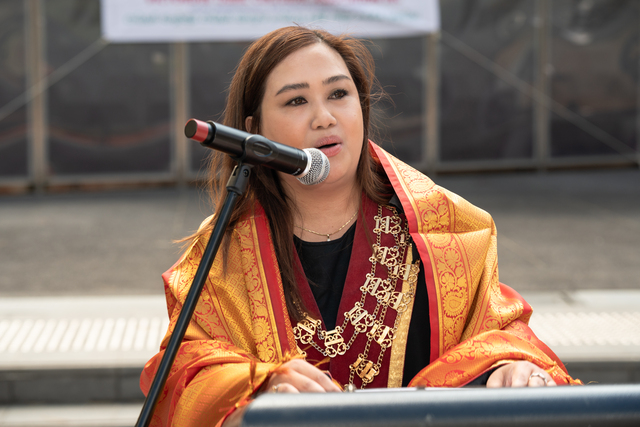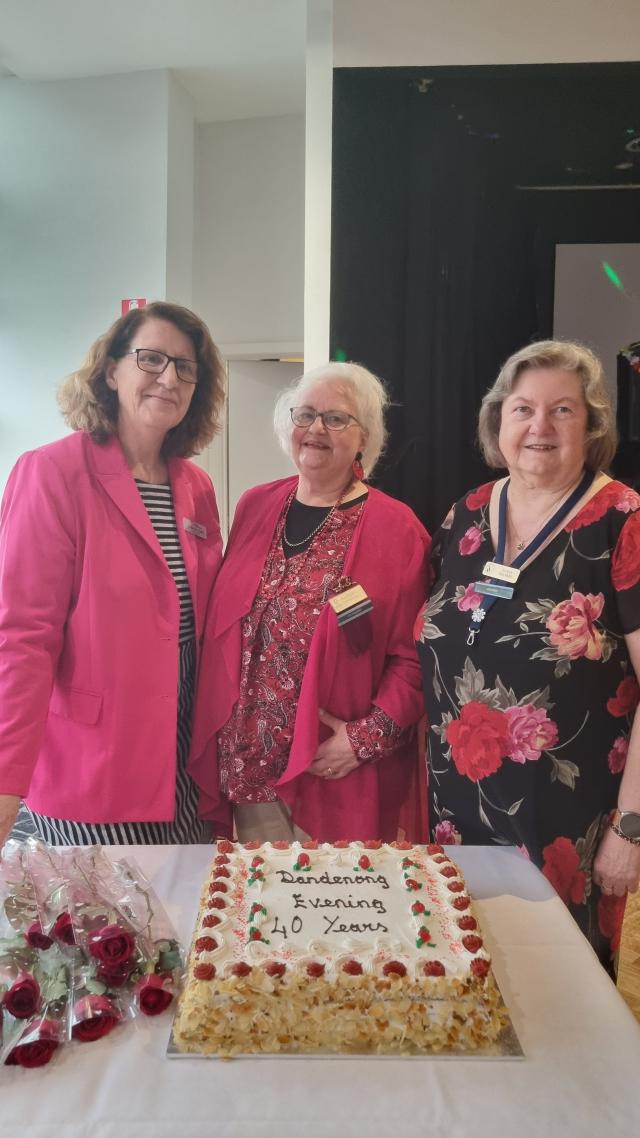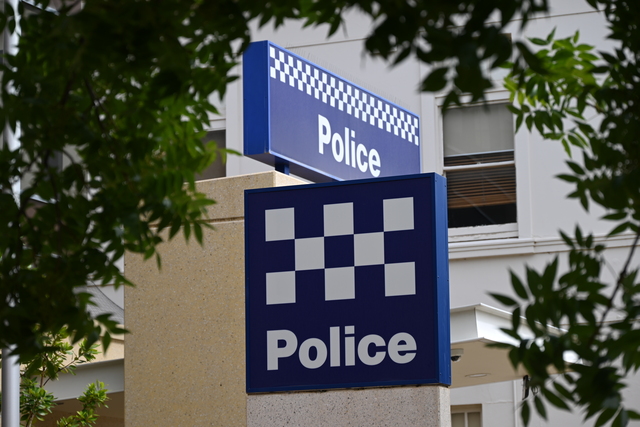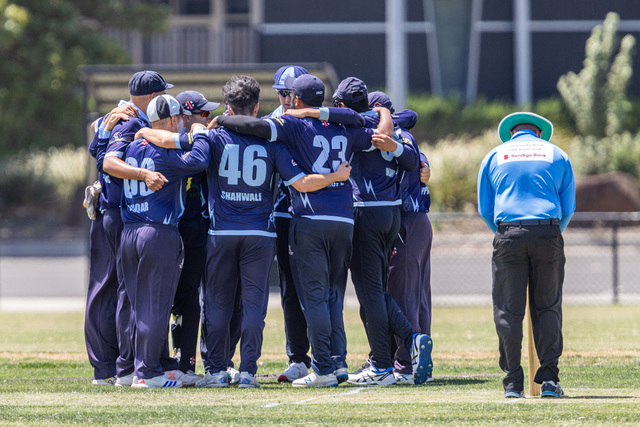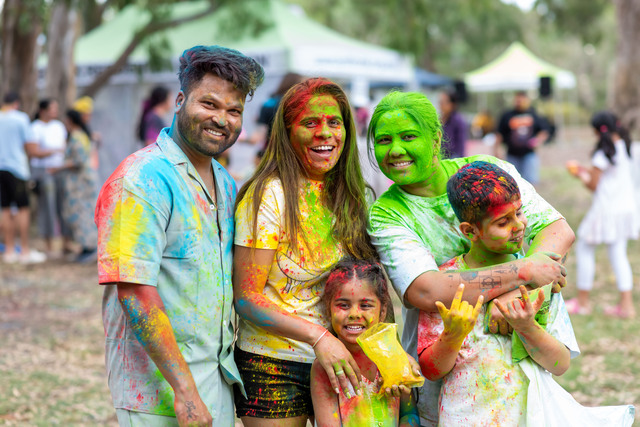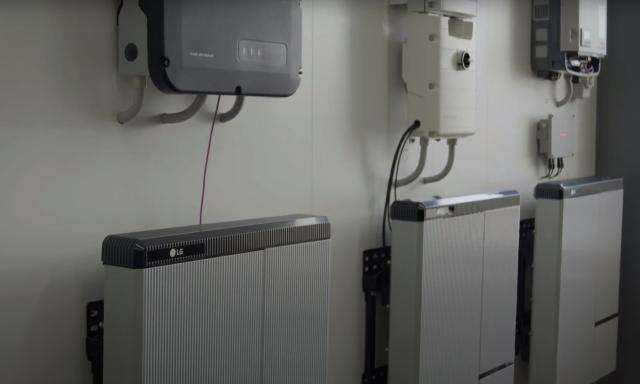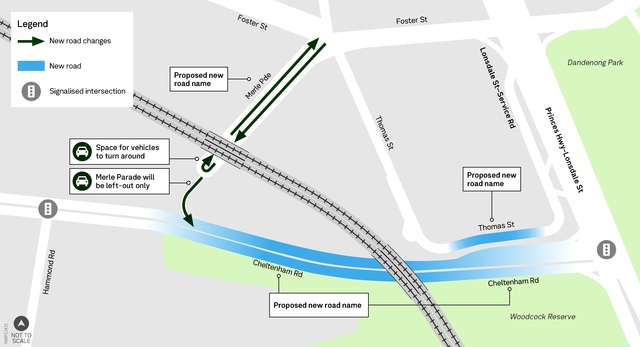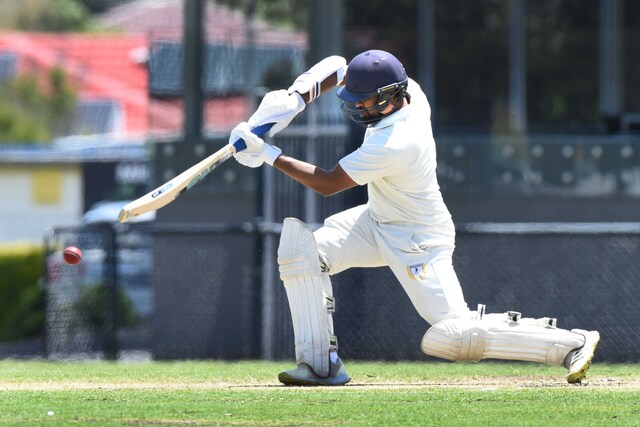By Shaun Inguanzo
A TERRIBLE memory haunts Doveton’s Gizella Sedon.
The 70-year-old constantly recalls the mass of dead bodies strewn across Hungarian streets following a bloody revolution against communism in 1956.
“They were all lying on the road or footpath and one day this big truck came along and a gentleman jumped off and painted the bodies with a whitewash from head to toe,” she said.
“He did it to stop the bacteria and smell from spreading.
“It was for everybody’s benefit but still that image… I can not get rid of it.”
Soviet forces had just entered Hungary to silence a public revolution in October 1956, and killed thousands of citizens in the process.
Ms Sedon, just 20-years-old at the time, fled Hungary and arrived in Australia.
But while she left behind her country to start a family in a country full of opportunities, Ms Sedon always remembers the thousands who died during the revolution.
Last week to mark the 50th anniversary of the bloody revolution, the Casey Hungarian Club met at the John Pandazopoulos Hall in Doveton to reflect and discuss the events that took place between 23 October and 10 November 1956.
“I was pregnant at the time the revolution started and was sitting in a movie theatre,” she said.
“My father sent someone in when the movie finished who told me I had to come home straight away because something big was starting.
“People were running around with rifles and flags and yelling out, ‘if you are Hungarian then come with us’.
“Then people just lined up and followed a gentlemen with a big Hungarian flag.”
A startled Ms Sedon heard on the radio that a group of students who had tried to enter the national radio station to broadcast their dissent for the communist government had been shot by the Hungarian military, sparking mass riots in the streets.
“The students just wanted freedom, they wanted to get the Russians out of the country,” she said.
Last week’s remembrance ceremony included residents from as far as Noble Park, Springvale and even Tullamarine in Melbourne’s west.
A Hungarian choir sang to honour the fallen and the club’s members read poems and shared their memories of the revolution.
“You can’t celebrate when thousands of people die but you can certainly remember them,” Ms Sedon said.
Mass killings remembered
Digital Editions
-

Cross realises AFL dream as Demons pick up Casey product
Purchase this photo from Pic Store: 499252 Consistency, persistence and belief. Those three words have defined Paddy Cross’ journey to the top level after the…


